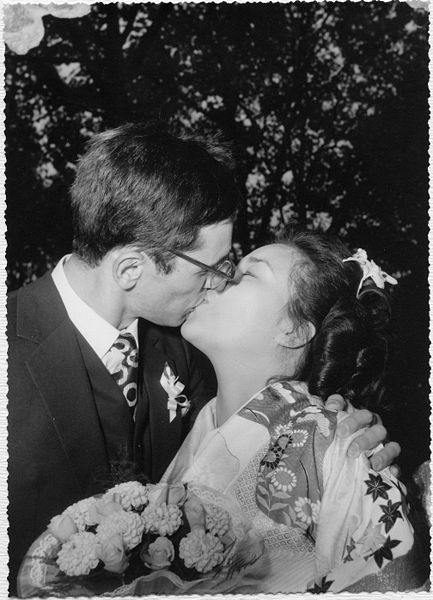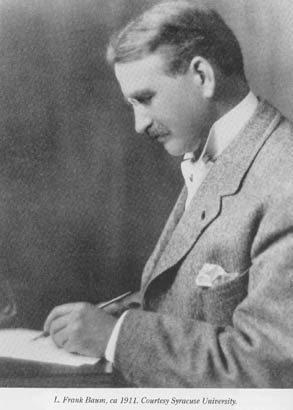I'm in the process of revamping my
blurb and writing an official query letter for Walking Through Hellfire, so
today I thought I'd share my thoughts on querying, as well as some handy
checklists and example links below.
- Do not submit randomly.
You waste your own time as well as
the agents when you send off to every agent you can find on the internet. Some
don't represent your genre, some don't like your style, and some aren't
accepting queries. A little research can easily answer these questions. You
don't want to send your dark and sensual historical romance to an agent who
loves light and sweet historical romance--or worse, non-fiction only.
I would suggest researching agents and editors until you
have a nice size list of at least 25-30, but hopefully more like 50.
- Submit randomly
Just checking to see if you
were paying attention, but in a way, it's true. Once you have your list, you
want to query in small random groups of agents at a time. If you send out to
all your dream agents first, and discover a problem with your query, or first
pages, you can't fix it. You've effectively lost your chance with them all. If
you take a random group with dream agent, then you still have others to send to
if you discover some flaw or want to try a new pitch approach.
I'd suggest 5-10 agents at a time, and when you receive a
rejection, immediately send out a new query so you always have 5-10 alive.
- Writing the query
Submit according to agent
guidelines. Give the most important parts of your books and your own experience
in a straightforward way. Be sure your voice is there, but be concise. Include
your personal information at the bottom.
Some argue you should start with the
book description, and others say start with the genre, word count, and what the
agent can expect (ie passion, humor, etc...). Which you put first seems largely
up to you.
I'd suggest including an alternate email and phone number.
That way they have another email to reply to if your original is down. Don't give them any chance to pass you up.
- A word from the pros
 |
| Twice25 |
In a great interview, a wonderful agent, Barbara
Poelle says of queries:
[Keep] it simple, clean and professional. I always say, get in and get out.
Your query needs to tell me the hook, the book, and the cook. The hook: one
line with genre and word count. The book: five lines of plot summary. The cook:
you! And I don’t care if this is your debut just let me know why this book, why
you, and why now.
Another fabulous agent, Laura Bradford tells us what
kills a submission: Addressing the query letter to
the dreaded “Sir/Ms.”, instead of the agent by name. Not checking the agent’s
submission policies before sending your material in. Nothing annoys an agent more
than getting submissions outside the genres they are selecting for. Many
queries Ms. Bradford receives are thrown out because they are for the wrong
genre, the word count is wrong, etc. She can’t sell a novel that’s only 20,000
words long.
The awesome Deidre Knight says this of Googling prospective
agents & authors:
First off, anyone who submits to me should know that I automatically Google
them. And I’m not embarrassed to admit that because I think that everyone who
queries me should have already typed my name into some sort of search engine.
Researching who you want to work with is important for both the aspiring author
and agent.
- The making of the blurb (center portion where it discusses the book)
I will be going
into this in my Monday post, so I will share two things. First is some advice on queries by another great agent Kristen Nelson, who says, don't try to put the whole book into your blurb. Just use the inciting incident. The thing that sets off the action and makes things happen. Usually this is located within the first 30 pages. The second thing I wanted to share was this wonderful guide I found once, but I can't seem to find the link.
1-2 sentences about the hero. Include Goals/Motivation/Conflict.
1-2 sentences about the heroine. Include GMC
1-2 sentences about what makes the story unique and what is the conflict of the story. My extremely simplified example.
Jane wants x because of y, but she doesn't want love. John needs x more than Jane because of z. Funny things happen, and love finds them, even while x might just keep them apart forever.
- So your example query should look something like this. (I'm doing this generic so you can see every part of the query letter.)
 |
| moi mème |
Dear Jane Doe,
Title, my
90,000 word romantic comedy is a sweet and humorous book about a small town in
Alaska.
Jane wants x
because of y, but she doesn't want love. John needs x more than Jane
because of z. Funny things happen, and love finds them, even while x
might just keep them apart forever.
My name is Author O'Book, and I am a
finalist in the 2012 Contest, and last year Small E-Publisher published Novella, which has sold # copies in # months since its release.
Thank you for your time and consideration,
Author O'Book
Address
Address
Phone #
Alt Email
- Example Links
- Lists
On her blog, fabulous agent
extraordinaire Janet
Reid has this checklist for query letters-


This is great Robin. I'm doing this for myself too. It's very helpful
ReplyDeleteI'm glad you found it helpful.
ReplyDelete